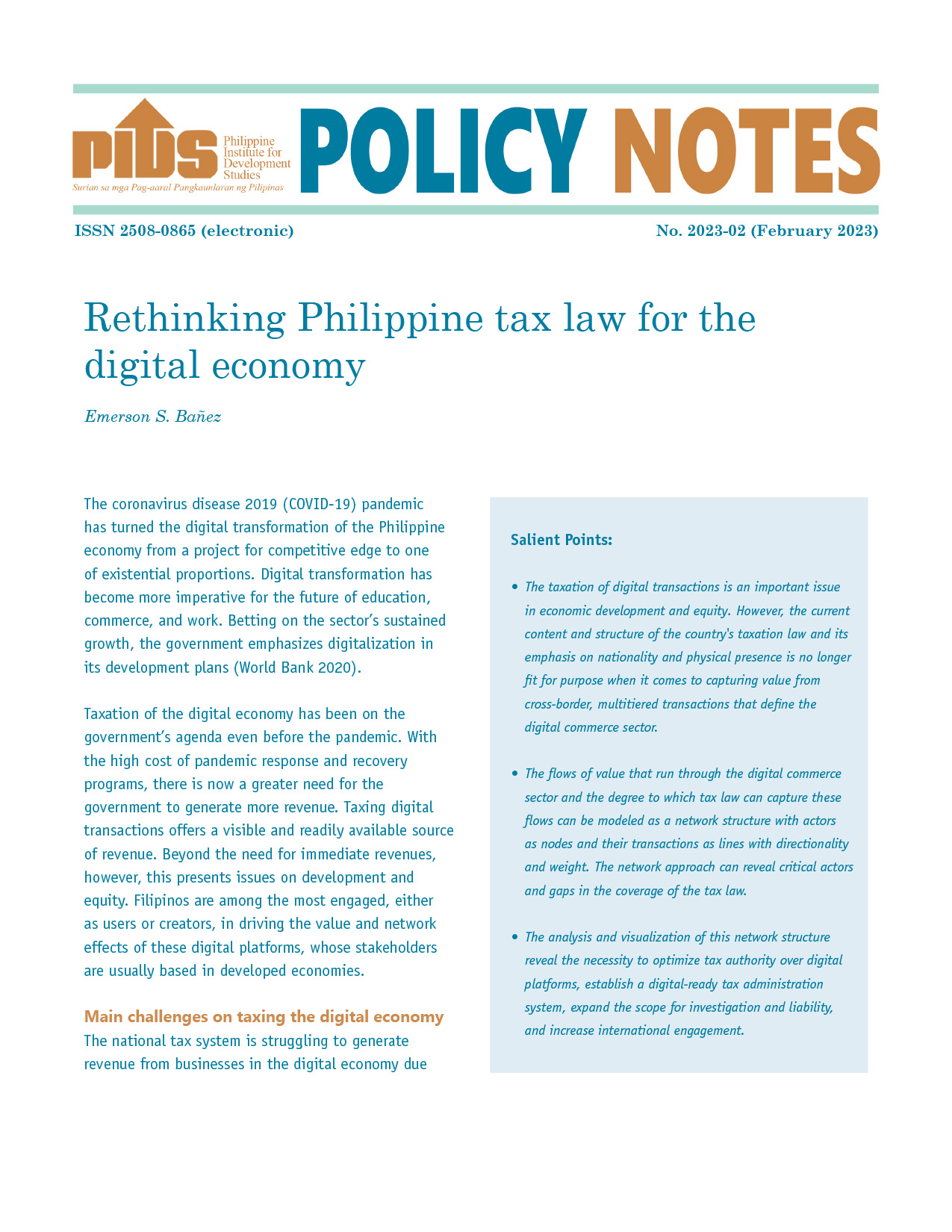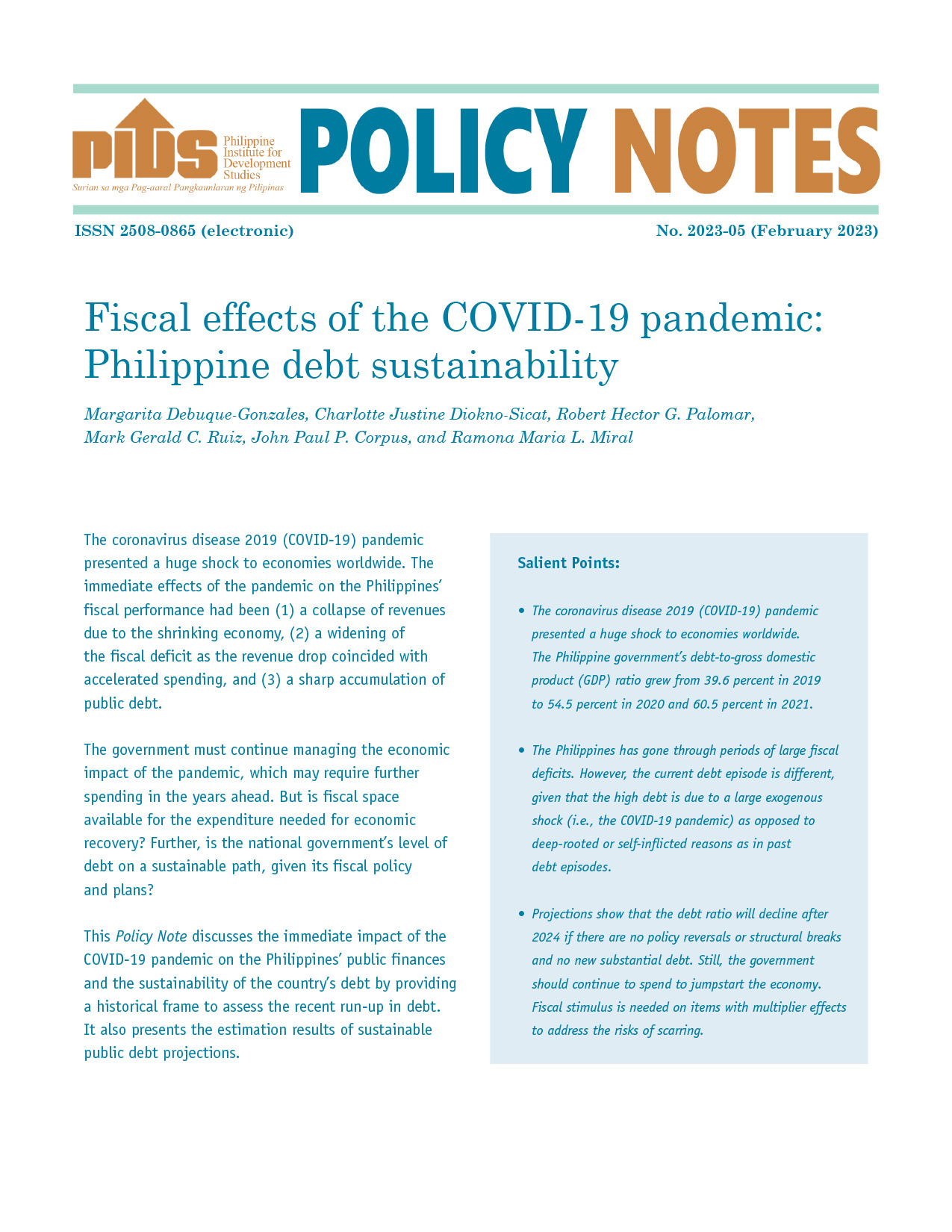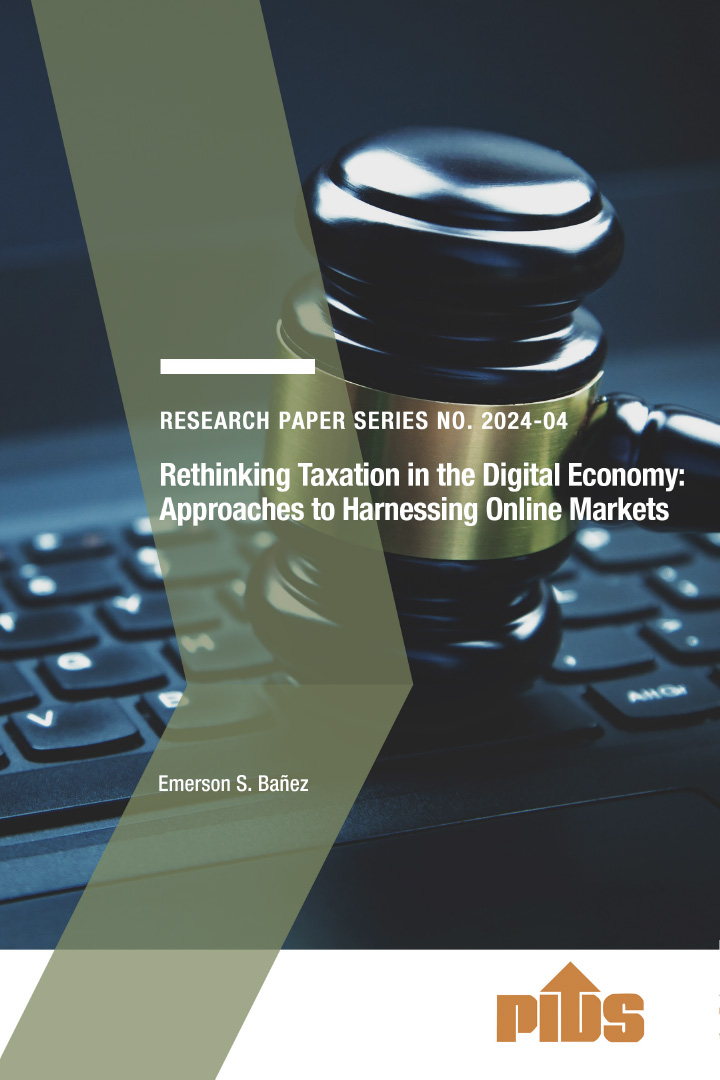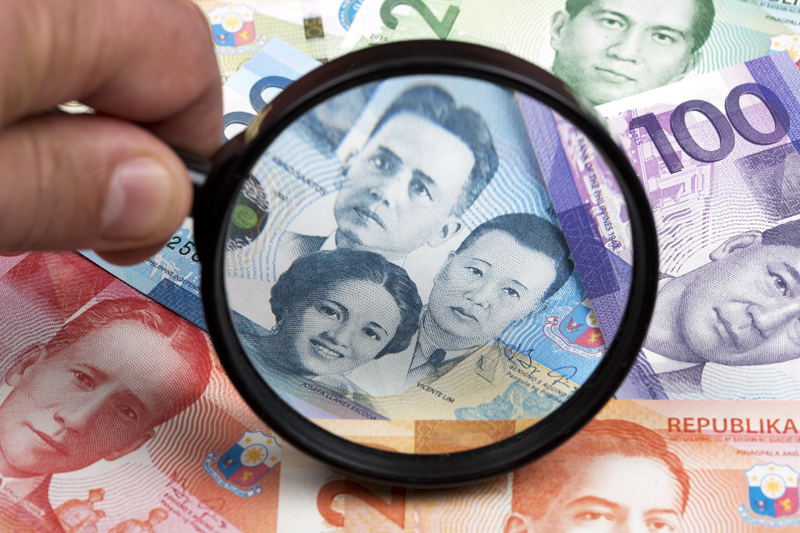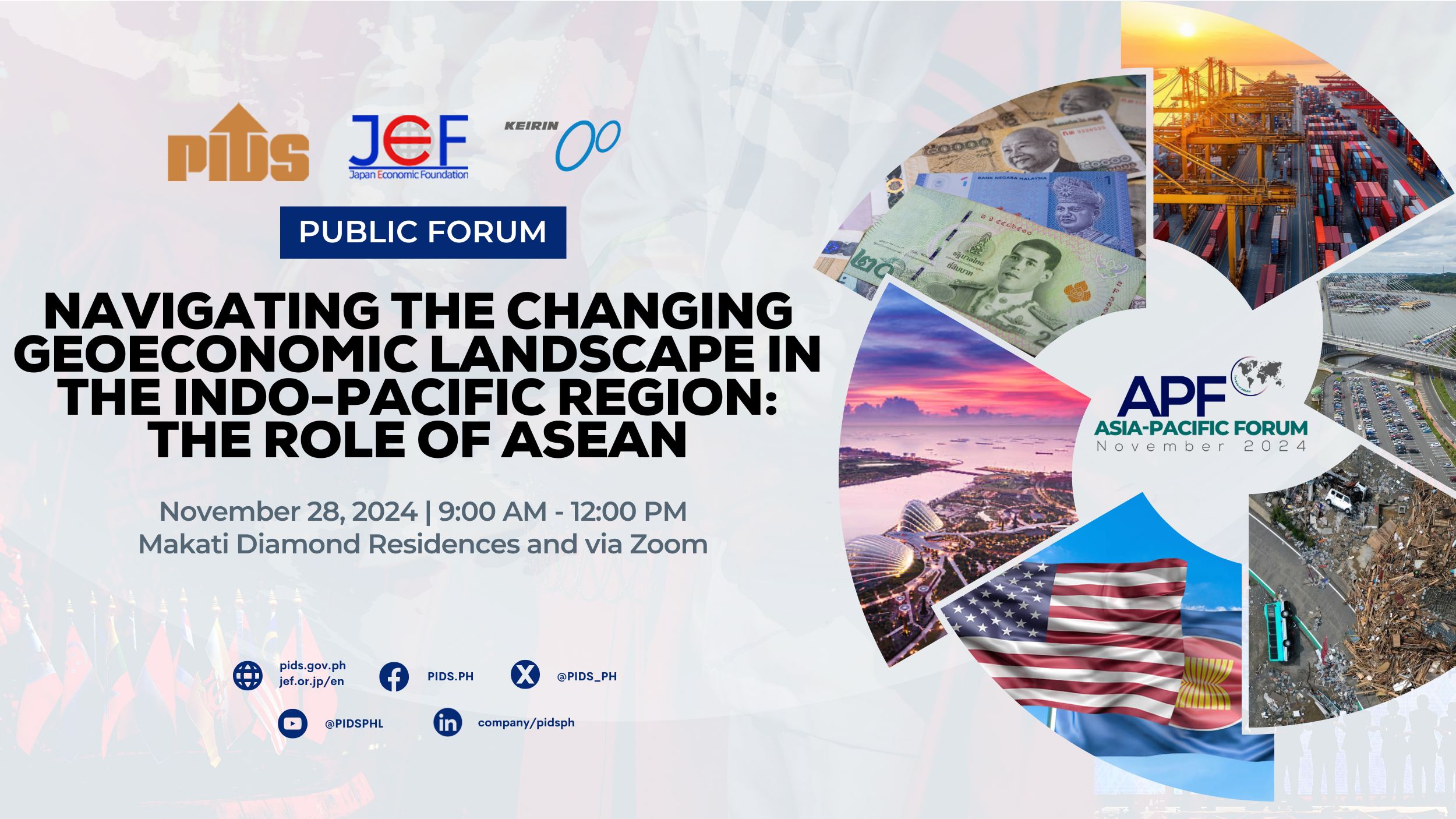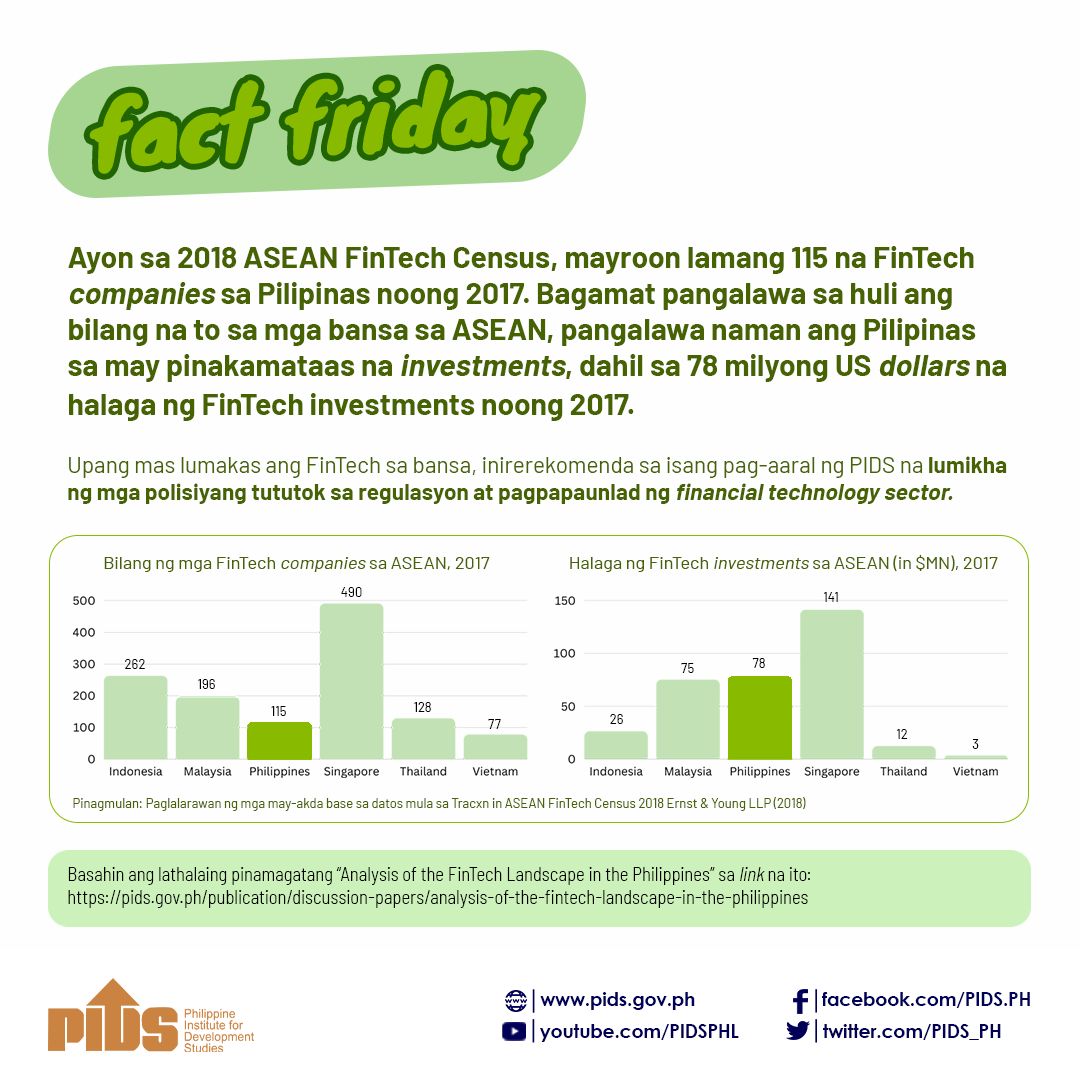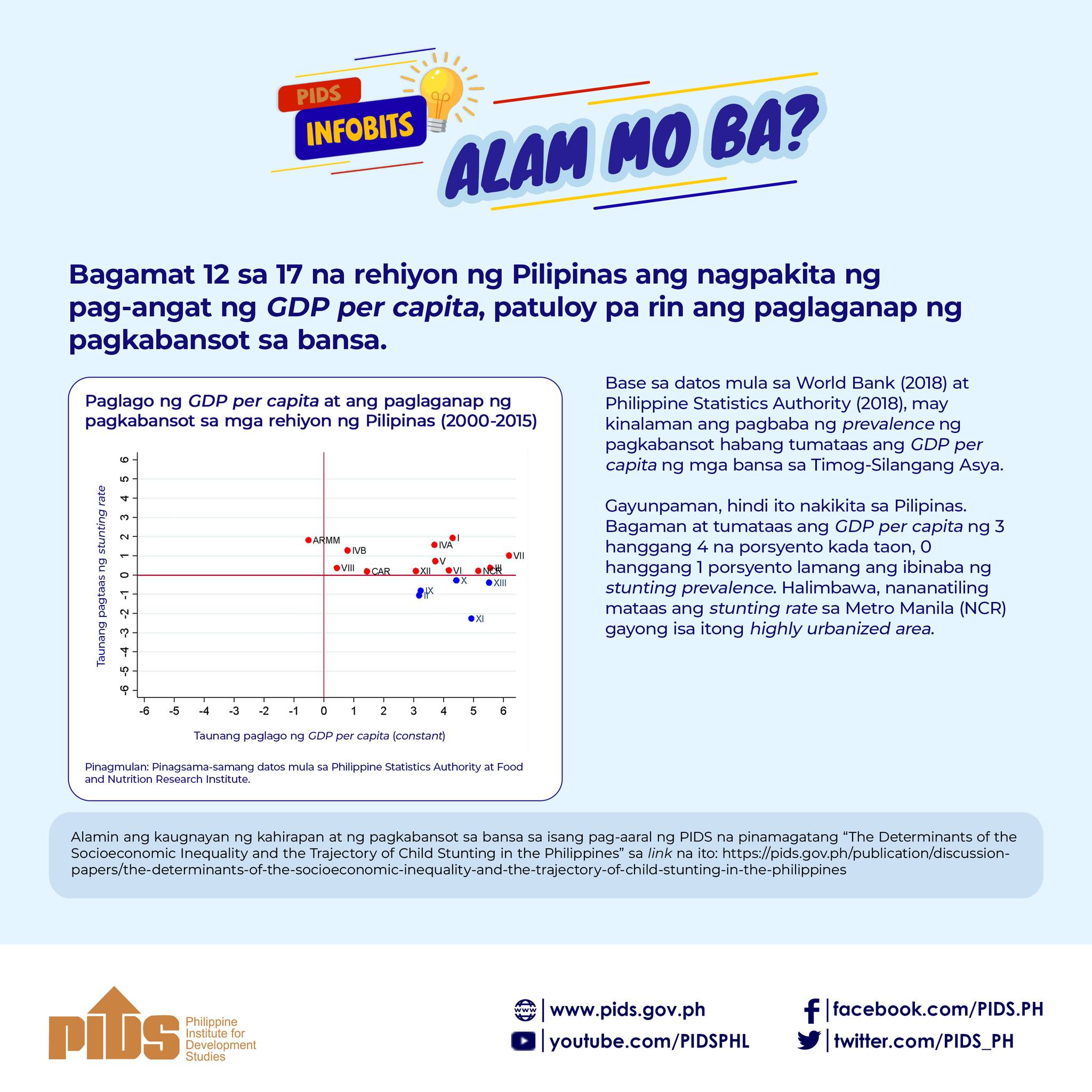DAVAO CITY (MindaNews / 24 Aug) – Mindanao Development Authority (MinDA) chair Datu Abul Khayr D. Alonto called on members of the 10-country Association of Southeast Asian Nations (ASEAN) to build stronger ties with their neighbors in order to move in “united steps in the midst of disputes and differences.”
During the Public Symposium on Building ASEAN Socio-Cultural Community and Nation Building at the Marco Polo Davao Thursday, Alonto likewise encouraged them to foster people-to-people connectivity to build a community free from “political, racial, and cultural biases.”
“I hope that we all take pride in this fact – that we belong to a culturally diverse yet united ASEAN,” he added.
Alonto acknowledged that it remains a long way to go in terms of tracing, knowing, and appreciating ASEAN roots, but he hopes they can work on gradually creating an ASEAN consciousness that recognizes “Southeast Asian neighbors are more than just our trading partners and political allies, but are also partners for change and development.”
“The Southeast Asians as people also share common heritage and values. We may have our respective colorful culture and traditions, but through the ASEAN, we continue to move forward as one community,” he said.
Former Foreign Affairs secretary and ASEAN Society chairperson Delia D. Albert said the ASEAN would become a “very exciting” economic grouping in the next 50 years.
“We have gone through 50 years. We have built the architecture, we have built the basic foundation of ASEAN. It’s like a house, we have to put that people into that house, and we are the people in the ASEAN,” she said.
The ASEAN came into being after the signing of Bangkok Declaration on August 8, 1967.
Alonto said the Philippines, particularly Mindanao and Palawan, is in a strategic position to take part in the ASEAN community because of its membership in the Brunei Darussalam, Indonesia, Malaysia, and Philippines East ASEAN Growth Area (BIMP-EAGA), which serves as a platform to accelerate trade, investment, tourism, and people-to-people connectivity.
He said the Duterte administration has committed to promote BIMP-EAGA in his term, and his recent visits to Brunei, Indonesia and Malaysia “saw a reciprocal renewed commitment” from their leaders.
“Let us take advantage of this strengthened interest and commitment from our state leaders, by sustaining inter-EAGA cultural programs and initiatives,” he said.
Alonto also announced Mindanao’s hosting of the 1st BIMP-EAGA Budayaw Festival of Cultures in General Santos City next month to showcase diversity of creative expressions of the sub-region.
The festival will gather 300 contemporary artists and indigenous cultural masters. The creative works of cultural masters, artists and cultural practitioners coming from the four countries, according to the National Commission for Culture and the Arts (NCCA).
Dr. Erlinda M. Medalla, senior research fellow and director of the Philippine APEC Study Center Network, said ASEAN is a non-threatening and dynamic economic grouping.
“Our growth rates are way above the others. We have the demographics. We are not only partnering with our neighbors. ASEAN is open to dialogue partners such as China, Japan, Australia, and New Zealand. We know this region is just us. It is the only way to go in this interconnected world. It’s good to be part of this grouping,” he said.
Medalla emphasized the need to be in an economic grouping because “it’s good to be not just alone. It’s good to have partners, and the bigger grouping the better,” so that “we can have partners to rely on.”
“I think to me that collectiveness beefs up regional public good. We are bonded together. Knowing we have this grouping that in itself is really a great value,” she said. (Antonio L. Colina IV / MindaNews)
During the Public Symposium on Building ASEAN Socio-Cultural Community and Nation Building at the Marco Polo Davao Thursday, Alonto likewise encouraged them to foster people-to-people connectivity to build a community free from “political, racial, and cultural biases.”
“I hope that we all take pride in this fact – that we belong to a culturally diverse yet united ASEAN,” he added.
Alonto acknowledged that it remains a long way to go in terms of tracing, knowing, and appreciating ASEAN roots, but he hopes they can work on gradually creating an ASEAN consciousness that recognizes “Southeast Asian neighbors are more than just our trading partners and political allies, but are also partners for change and development.”
“The Southeast Asians as people also share common heritage and values. We may have our respective colorful culture and traditions, but through the ASEAN, we continue to move forward as one community,” he said.
Former Foreign Affairs secretary and ASEAN Society chairperson Delia D. Albert said the ASEAN would become a “very exciting” economic grouping in the next 50 years.
“We have gone through 50 years. We have built the architecture, we have built the basic foundation of ASEAN. It’s like a house, we have to put that people into that house, and we are the people in the ASEAN,” she said.
The ASEAN came into being after the signing of Bangkok Declaration on August 8, 1967.
Alonto said the Philippines, particularly Mindanao and Palawan, is in a strategic position to take part in the ASEAN community because of its membership in the Brunei Darussalam, Indonesia, Malaysia, and Philippines East ASEAN Growth Area (BIMP-EAGA), which serves as a platform to accelerate trade, investment, tourism, and people-to-people connectivity.
He said the Duterte administration has committed to promote BIMP-EAGA in his term, and his recent visits to Brunei, Indonesia and Malaysia “saw a reciprocal renewed commitment” from their leaders.
“Let us take advantage of this strengthened interest and commitment from our state leaders, by sustaining inter-EAGA cultural programs and initiatives,” he said.
Alonto also announced Mindanao’s hosting of the 1st BIMP-EAGA Budayaw Festival of Cultures in General Santos City next month to showcase diversity of creative expressions of the sub-region.
The festival will gather 300 contemporary artists and indigenous cultural masters. The creative works of cultural masters, artists and cultural practitioners coming from the four countries, according to the National Commission for Culture and the Arts (NCCA).
Dr. Erlinda M. Medalla, senior research fellow and director of the Philippine APEC Study Center Network, said ASEAN is a non-threatening and dynamic economic grouping.
“Our growth rates are way above the others. We have the demographics. We are not only partnering with our neighbors. ASEAN is open to dialogue partners such as China, Japan, Australia, and New Zealand. We know this region is just us. It is the only way to go in this interconnected world. It’s good to be part of this grouping,” he said.
Medalla emphasized the need to be in an economic grouping because “it’s good to be not just alone. It’s good to have partners, and the bigger grouping the better,” so that “we can have partners to rely on.”
“I think to me that collectiveness beefs up regional public good. We are bonded together. Knowing we have this grouping that in itself is really a great value,” she said. (Antonio L. Colina IV / MindaNews)

